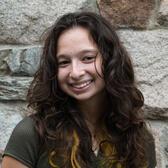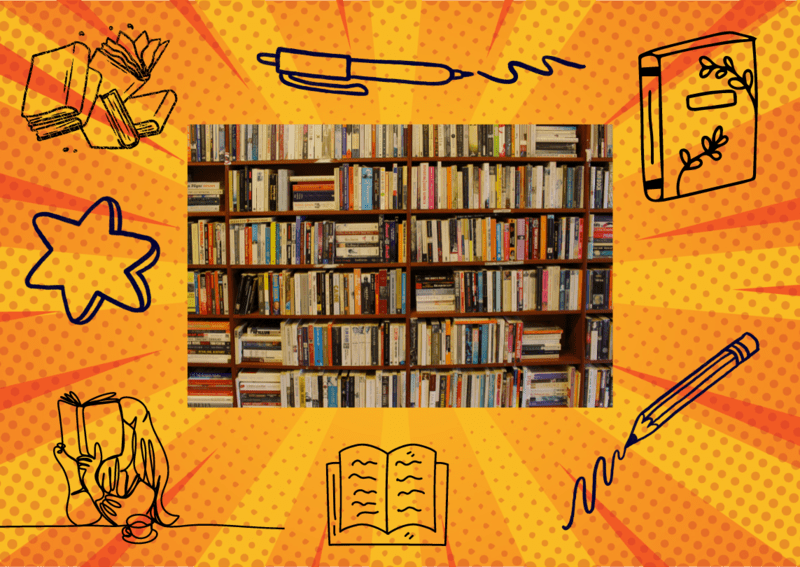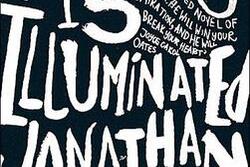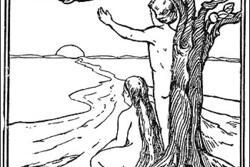The Future of the Jewish-American Literary Canon
I have loved to read for my entire life. When I was a kid, I would hide under my blankets and escape the world around me through the enchanting allure of books. I loved the way I could live another person’s experience, all through words on a page. And so naturally, growing up in a secular Jewish home far from the main hubs of American Jewish life, reading became a way for me to envision what it would be like had I grown up in a larger community. I found the names of some classic authors - from my own memory and the Internet both - and set to work exploring Jewish culture through classic literature.
The Jewish-American literary canon provided me with a way to better understand and connect with my own heritage. I fell in love with the humor of Michael Chabon and the sharp wit of Philip Roth. I experienced Jewish life and culture through the experiences of household names, authors whose work had been lauded for its accurate and raw portrayals of Jewish people and culture. Yet I struggled so much with many of the books I read. I wanted to experience Jewish womanhood, but all I could find were men.
Initially, I loved the way Roth told the stories of my family. I saw myself and my history in his characters and his vivid descriptions. I thought that, for the first time in my life, someone was accurately able to capture my experiences as a Jewish American. However, I did not find they were aimed at me. Though I so desperately wanted to connect with my own culture through the way I had connected with so many other cultures in the past, I was unable to. I did not want my entire gender to be diminished to an object or a plot point. It was painful and raw, and thus began my exploration of what is canonized and why.
The majority of classic American Jewish authors, the ones we think of when we picture modern Jewish literature, are men. This can be evidenced by a quick Google search: “American Jewish writers” turns up 51 authors, of which only 12 are women – a shocking 23%, less than a quarter. Many of the household names we associate with Jewish literature, too, are men: think Philip Roth and Saul Bellow, for example. The Jewish canon has a problem with unfair representation of women in what we consider “classic” or “well-known” literature. Many of the stories - the canonized stories - are the stories of men.
However, the problem runs deeper than just the stories of women remaining ignored - many of the classics are actively negative to women. In a MyJewishLearning piece titled “Mainstream American Jewish Literature,” the three “greats” of Jewish literature mentioned are Saul Bellow, Philip Roth, and Bernard Malamud. Both Bellow and Roth are notorious for their misogyny, painting women as plot devices at best and sex objects at worst. Indeed, one of American Judaism's most recurring stereotypes, the Jewish American Princess, was coined and popularized by Roth’s novella Goodbye Columbus. It is not just that the stories of women are ignored, but existing literature is often actively negative towards Jewish women. Men pervade what is considered “prestigious” and are canonized to the dismissal of women and spread of misogynistic ideals. The Jewish-American literary canon is not only dismissive of women but hostile to them, and this is insidious and damaging to the narrative we tell as Jews and women.
Literature forms a backbone of the way we tell and define our stories as a group of people. That we choose to center men in our canon raises questions of what we value and how we value it; whose stories are told and whose are ignored. When we place the writing of men on a pedestal, and define it as “classic,” we systematically define the stories of men as having higher value than the stories of women. We ensure that men are uplifted and their voices heard whereas women are not.
None of this is to diminish the work of Jewish women writers. Nicole Krauss, Dara Horn, Anita Diamant, and more have written important, powerful novels. And there is one realm in which Jewish women really form the canon: young adult (YA) literature. I think of Judy Blume, particularly, of Are You There, God? It’s Me, Margaret, and her frank discussions of faith and youth. Yet YA literature isn’t given the same respect as adult literature. This demonstrates another way that women are second to men in terms of authorship, and generally a problem in the way we understand what constitutes “good literature” in general. There is no reason for adult fiction to be heralded as more prestigious than YA fiction, and yet it is, often to the detriment of the women who write.
The way we tell our stories is centered around the perspective of the Jewish man and not the Jewish woman. This leads me to think more about the future: what do I think could change? I want to see a distinct, concentrated effort to understand and uplift the voices of Jewish women to the same level as Jewish men. I want to see women when you Google “Jewish authors” and to see women’s work in the classics section of the bookstore. I hope that we can together examine whose stories are told and why and work together to uplift women.
This piece was written as part of JWA’s Rising Voices Fellowship.







